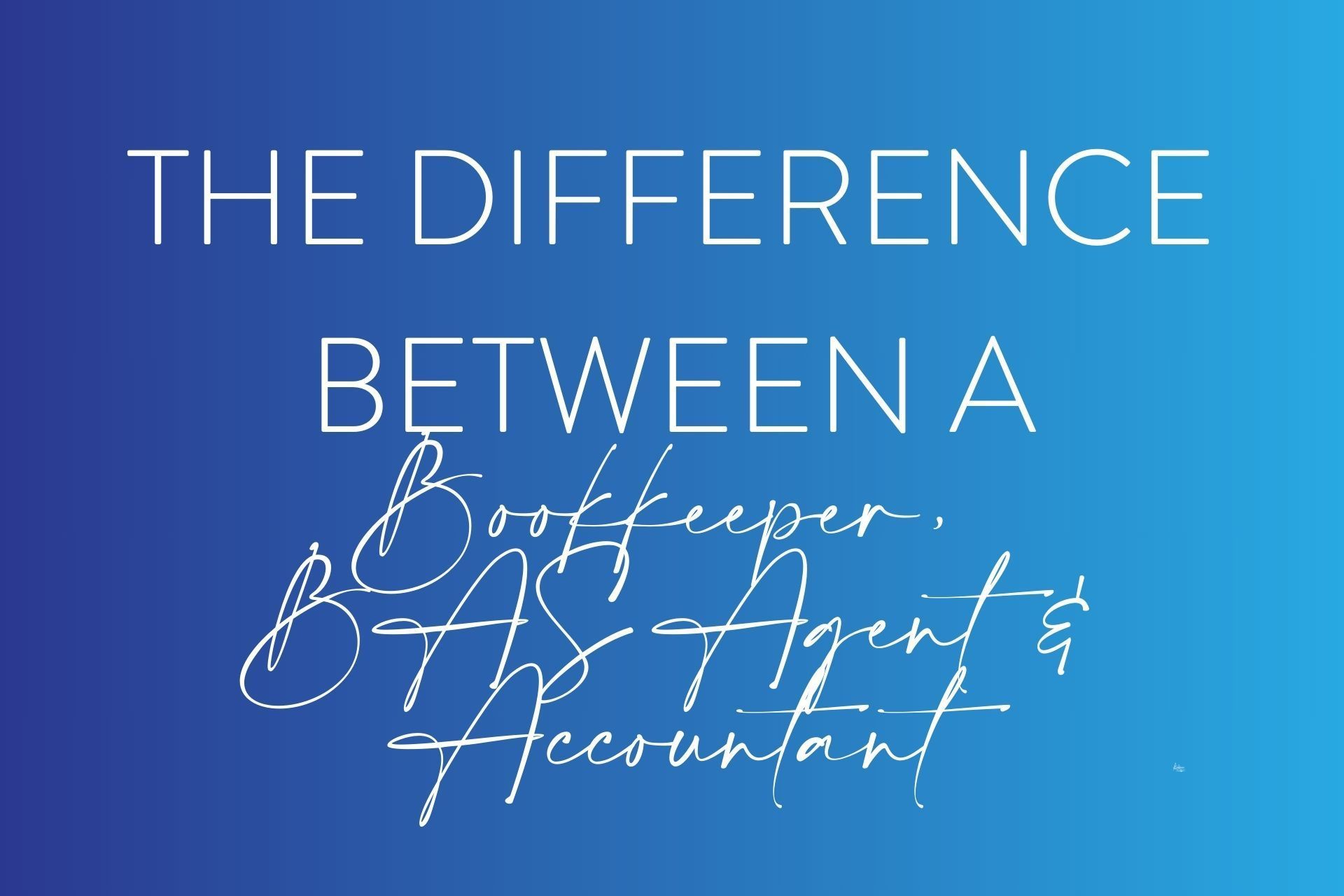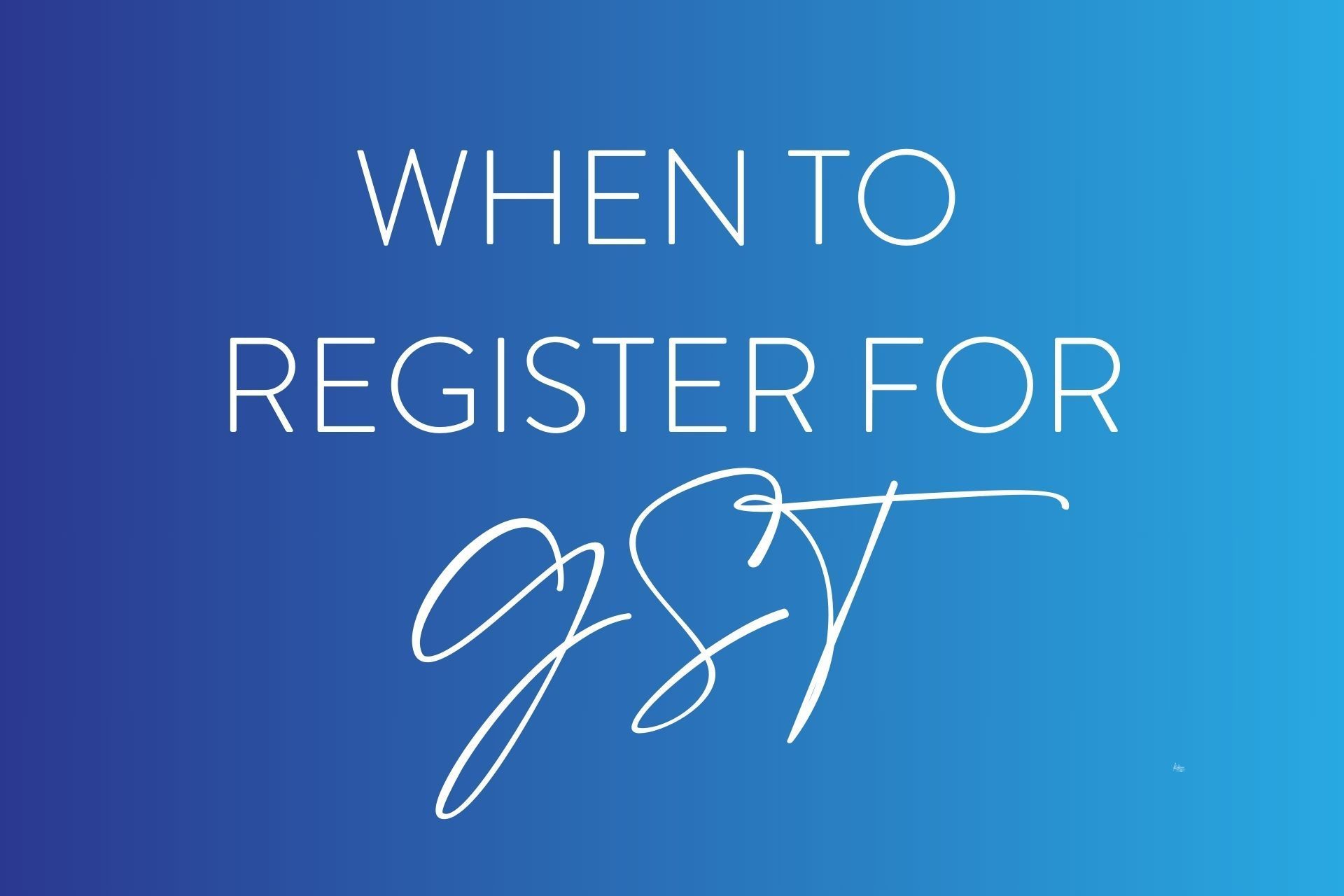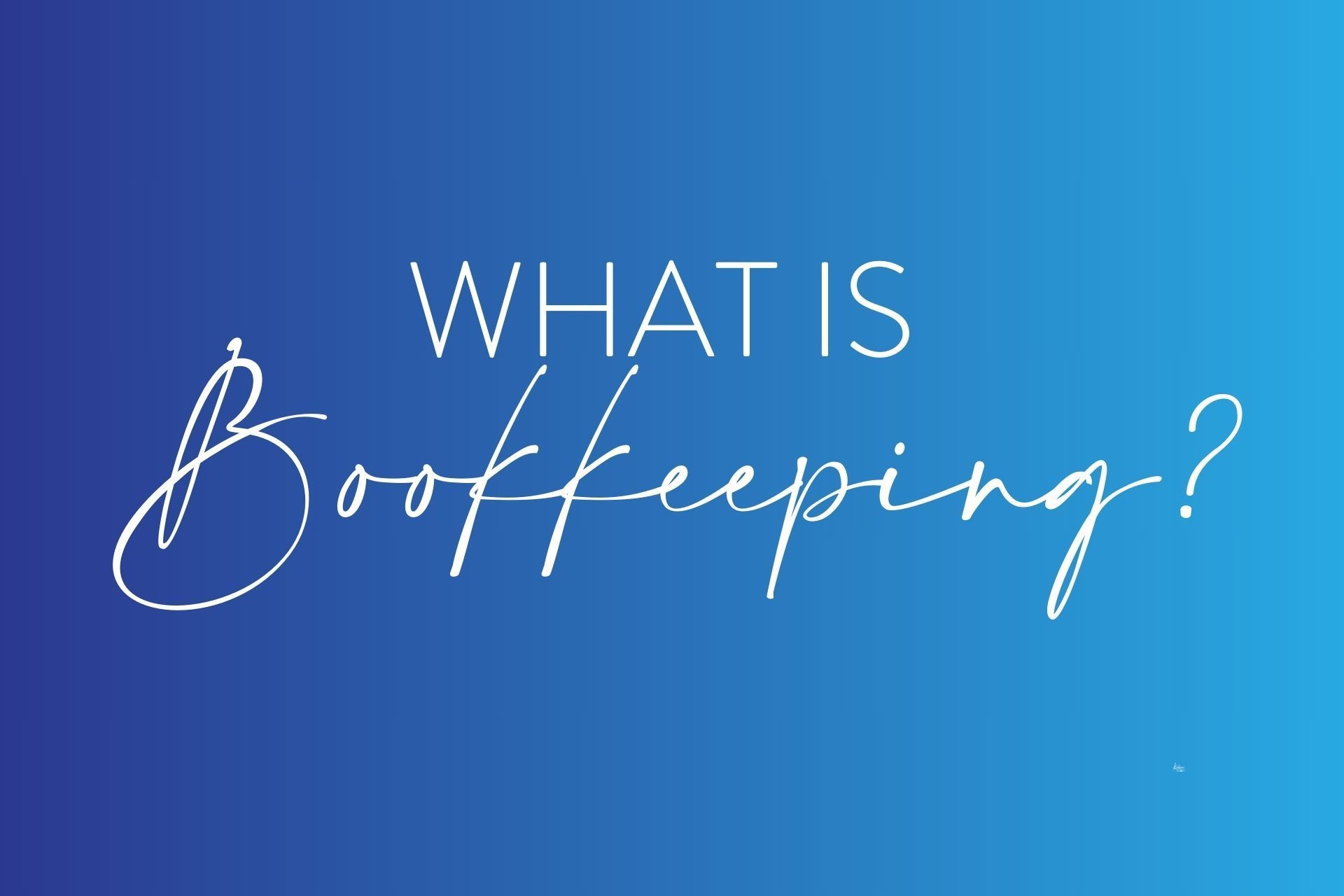Understanding the Difference Between a BAS Agent, Bookkeeper, and Accountant

A guide for Australian Small Businesses
What is a Bookkeeper?
A bookkeeper is primarily responsible for managing your business’s daily financial transactions. Their core duties typically include:
- Recording Transactions: Keeping accurate records of all sales, expenses, and financial activities.
- Managing Accounts: Overseeing accounts payable and receivable to ensure timely payments and collections.
- Reconciliation: Regularly reconciling bank statements with your financial records to ensure accuracy.
- Financial Reporting: Preparing basic financial reports such as profit and loss statements and cash flow statements.
When to Hire a Bookkeeper
Consider hiring a bookkeeper if:
- You need someone to manage your daily financial tasks.
- You’re spending too much time on bookkeeping instead of focusing on growing your business.
- You require assistance with basic financial reporting and record-keeping.
What is a BAS Agent?
A BAS agent is a professional specifically trained to assist businesses with their GST and BAS obligations. They are registered with the Tax Practitioners Board (TPB) and must meet specific educational and ethical standards. Their responsibilities typically include:
- GST and BAS Preparation: Assisting with the preparation of Business Activity Statements (BAS) and ensuring compliance with Goods and Services Tax (GST) regulations.
- Lodging BAS: Ensuring your BAS is accurately completed and submitted on time.
- Advising on GST: Providing guidance on GST registration and compliance, including identifying which sales and expenses are taxable.
- Calculating GST: Helping you understand how much GST to collect from customers and how much you can claim as credits on purchases.
- Compliance: Ensuring you meet all regulatory obligations regarding GST and BAS reporting.
When to Hire a BAS Agent
You should consider hiring a BAS agent if:
- Your business is registered for GST and you need assistance with your BAS preparation and lodgement.
- You want to ensure compliance with GST regulations and minimize the risk of penalties.
- You need expert advice on managing your GST obligations effectively.
What is an Accountant?
An accountant takes a more strategic approach to your business finances. They often hold advanced qualifications and can provide a wide range of services, including:
- Financial Analysis: Offering insights into your financial health through detailed analysis of financial data.
- Tax Planning and Compliance: Advising on tax strategies, preparing tax returns, and ensuring compliance with Australian tax laws.
- Business Advisory: Providing guidance on financial decisions, business structure, and growth strategies.
- Preparation of Financial Statements: Creating comprehensive financial statements, such as balance sheets and profit and loss statements.
- Audit Support: Assisting with audits and providing insights to improve your financial systems.
When to Hire an Accountant
Consider hiring an accountant if:
- You need help with tax planning and compliance, especially during tax season.
- You want detailed financial analysis to inform your business decisions.
- You’re planning for growth and need strategic advice on financial matters.
Key Differences
Scope of Work
- Bookkeepers handle daily financial transactions and basic reporting.
- BAS Agents specialize in GST compliance and BAS preparation.
- Accountants offer a broader range of services, including tax planning, financial analysis, and business advisory.
Level of Education and Qualifications
- Bookkeepers may have varying levels of training but are not always required to hold formal qualifications.
- BAS Agents must be registered with the TPB and meet specific educational requirements.
- Accountants typically hold a degree in accounting or finance and are often members of professional accounting bodies, such as CPA Australia or CA ANZ.
Frequency of Interaction
- Bookkeepers are often involved in your business on a regular basis, handling daily tasks.
- BAS Agents may interact with you primarily during BAS preparation periods.
- Accountants may meet with you less frequently, often during tax season or for strategic planning sessions.
Conclusion
Understanding the differences between a BAS agent, bookkeeper, and accountant is essential for effectively managing your small business finances. Each role serves a distinct purpose and knowing when to engage each professional can significantly impact your business’s financial health.
By having a bookkeeper to manage daily transactions, a BAS agent to handle your GST obligations, and an accountant to provide strategic insights, you can ensure that your financial operations are well-organized and compliant. This allows you to focus on what you do best: running and growing your business!
At Winner and Co Bookkeeping Services, we are both a BAS Agent and bookkeeping extraordinaire – contact us to see how we can help you be well-organised and compliant.
Share this article with your friends
Other articles you may like





